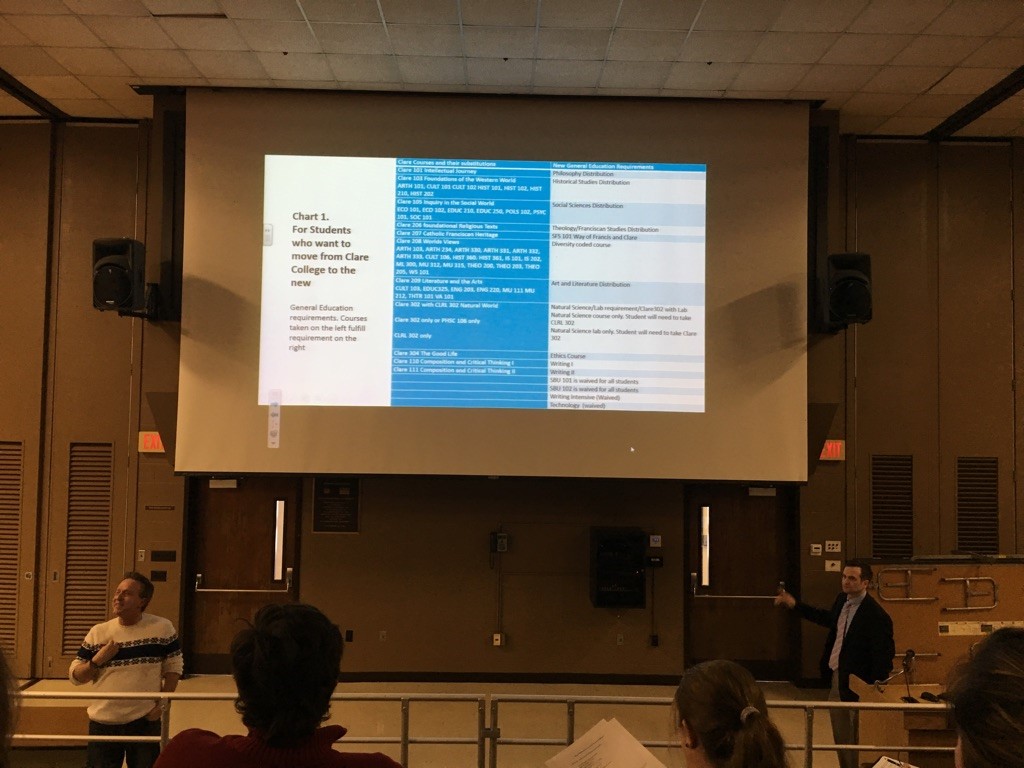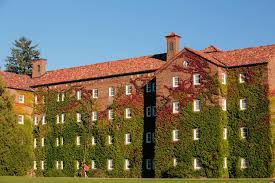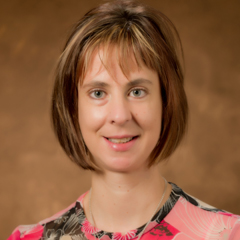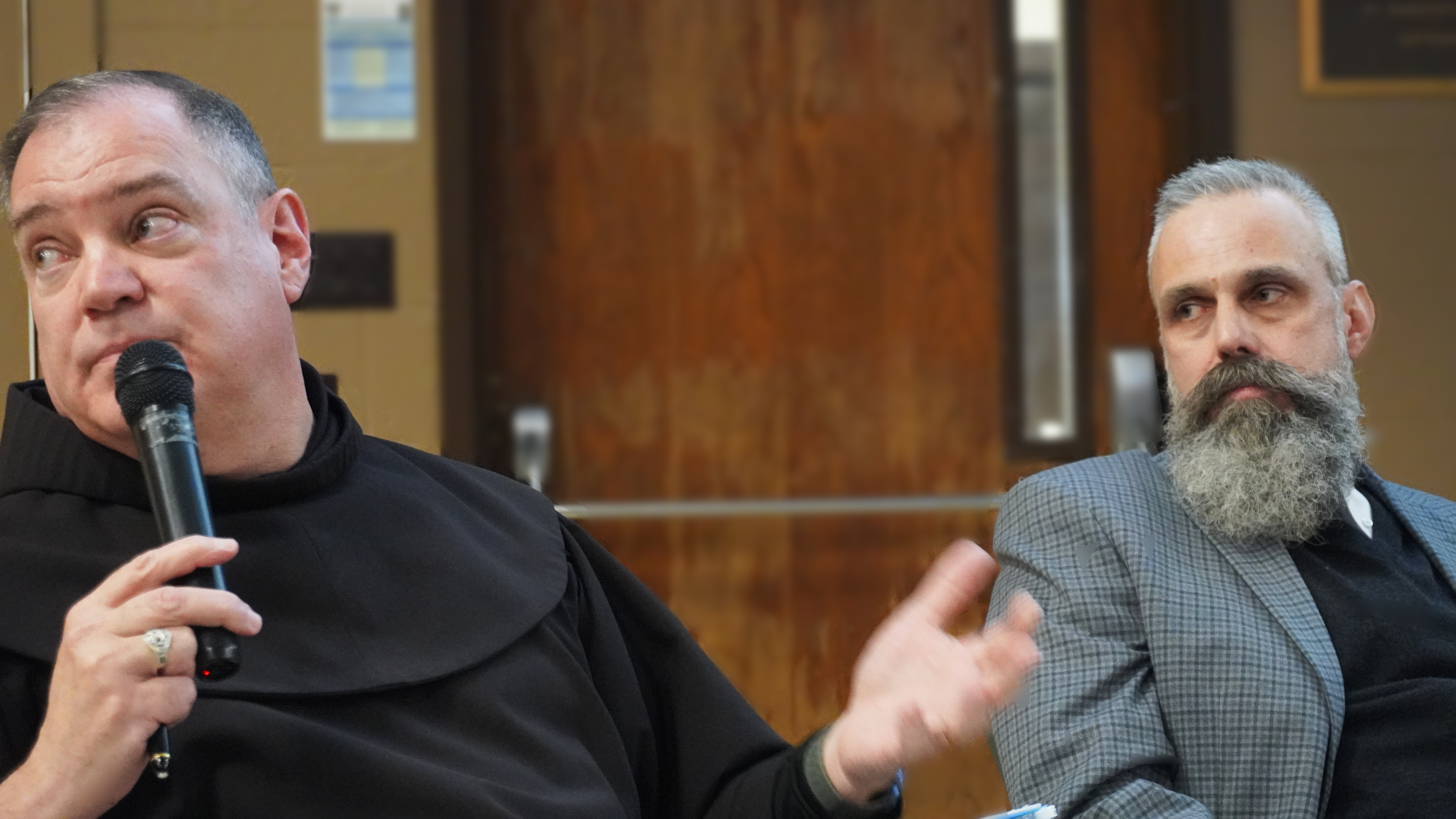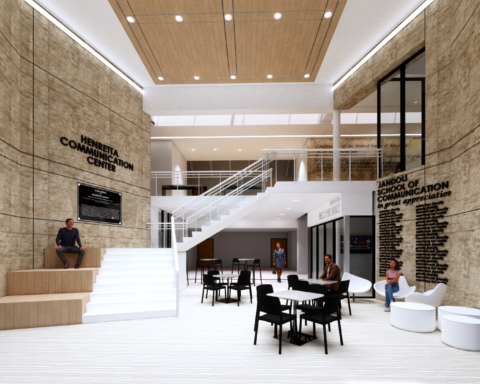If all goes according to plan, St. Bonaventure could have a new core curriculum by next fall.
According to Phillip Payne, Ph.D., chair of the history department and head of the new curriculum model committee, the new curriculum will no longer go by its current name, Clare College.
If the program is implemented, it would overhaul much of the current Clare College, axing Religious Texts, Catholic-Franciscan Heritage, The Good Life, Intellectual Journey and Inquiry in the Natural World.
Some classes, like Comparative and Critical Thinking I and II would be replaced by the more general Writing I and II; The Good Life may be replaced by a required ethics course and a separate philosophy course; while University 101 would be replaced by SBU 101, which would emphasize “building foundations for a community of learning,” Payne said.
He also noted that, if the faculty senate approves the program, it would have to run concurrently with the Clare College for a time in order to fully implement the new curriculum.
While many of the religious courses required by the university would be cut, a class called “The Way of Francis and Clare” would be added, maintaining a focus on the school’s Franciscan values. Additionally, two major-specific diversity courses would be added, totaling at four credits. There will still be an ethics course, similar to The Good Life. The courses may be open to interpretation, based on timing and major.
“We haven’t defined yet what ‘diversity’ means,” said Guy Imhoff, Ph.D., professor of French, a member of the curriculum committee.
Payne echoed Imhoff. “Diversity is a moving target. What people are wanting to talk about now may not be the topic in a couple years,” he said.
The university is also looking into adding technologically centered classes, which would include tech competency, and information and computer literacy.
Additionally, while a science course and lab would be required of all students, “Natty World” would no longer be the sole course available.
“The science class is a four-credit science course; any science with a lab. So transferability is an option,” said Kayla Zimmer, literacy program director in the school of education. “But we’re also hoping the science department might develop some other four-credit sciences that would be engaging for our students who chose to take them here.”
Noah Carlson, freshman biology major, said replacing “Natty World” with a more elective science course would help challenge science majors.
“It should be something that broadens your horizons in science,” Carlson said of the new requirement.
The new curriculum would total 37 credits. The current Clare College model totals 39 credits.
Freshman finance major Ali Khambati said the new program sounds more flexible than the current Clare model, which can interfere with his major and his involvement in the Franciscan Health Care Program.
“[Clare is] making me potentially have to take summer classes just so I can do everything I want to do,” Khambati said.
Khambati and Carlson agreed that maintaining a core curriculum is important both in a liberal arts college and in maintaining a pride in Franciscan heritage at the school.
Rachel Pelsang, a sophomore bioinformatics major, said while axing many of the well-known, Franciscan-centric Clare courses felt like Bona’s was “losing something,” the school would still benefit from The Way of Francis and Clare.
“Adding something different is a very nice compromise that is just sort of wrapping everything up into one,” Pelsang said.
“As a liberal arts education, [the core curriculum] has to be a little more accessible to everyone. We can’t be so exclusive. It is liberal arts and it’s supposed to be the basis for what all students are doing,” Pelsang added. “I think it might prevent people from transferring out because a lot of times they’re taking these major-specific courses and not doing their Clares in case they want to transfer.”
mcelfrdh14@bonaventure.edu

